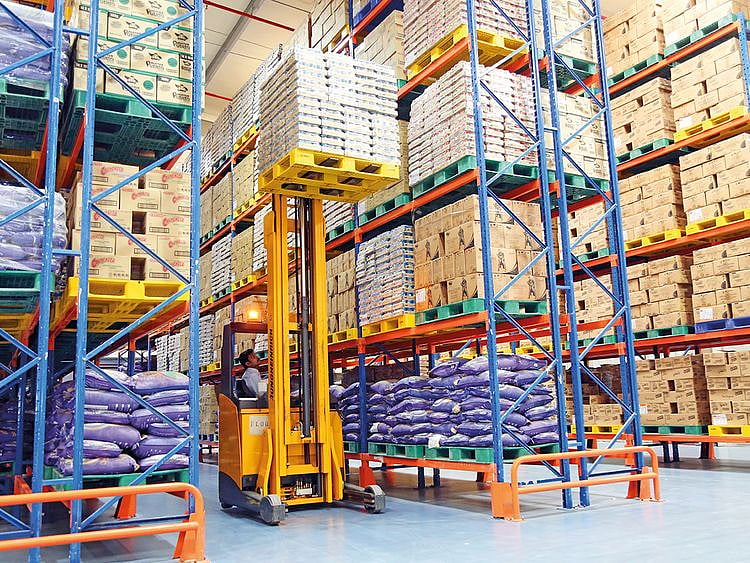Food security a top priority for the UAE
Kizad is committed to bolstering local food processing and manufacturing

Highlight
Kizad’s commitment to bolstering local food processing and manufacturing is in line with the UAE’s long-term vision to top the Global Food Security Index by 2051
Food security is not just top of mind for Kizad and the clients of its food cluster, but for the UAE as a whole. Food security is defined by the Committee on World Food Security as availability, access, stability and utilisation of a country’s food system, encompassing the entire chain: production, distribution, acquisition, consumption, and disposal of food.
The UAE already has one of the world’s most comprehensive plans to address food security, but that does not mean there isn’t more that can be done to improve sustainability.
Indeed, the UAE has set itself the aim of becoming the world’s best in the Global Food Security Index by 2051 and among the top 10 countries by 2021.
Samir Chaturvedi, CEO of Kizad, says, “Food security is one of the UAE government’s key priorities and Kizad is committed to bolstering food processing and manufacturing in the region with an aim to achieve a sustainable environment and promote national food security. “However, food security is a joint responsibility, and everyone from individuals and their families to private and public sector institutions have a role to play, whether through investment, research or adopting international best practices.”
Today, Kizad is home to some of the largest food products manufacturers in the region. Both international and regional companies in the food products sector are benefitting from the unmatched competitive advantages offered by Kizad.
Abu Dhabi Ports, the parent company of Kizad, has also signed a Memorandum of Understanding with the Food Security Centre in Abu Dhabi to enhance the development of food industry, including production, processing, circulation, and the distribution, import and export of food products. The partnership focuses on closer collaborations between both parties to enhance the food security sector, in addition to the development of food industry and the establishment of food clusters at ports and industrial zones.
And, only last month in January, the Abu Dhabi Food Control Authority (ADFCA) revealed ambitious plans to ensure agricultural sustainability and food security in Abu Dhabi. Saeed Al Bahari Salem Al Ameri, Director of the Authority, said the authority was investing in future technologies and agricultural methods to overcome environmental and climate challenges.
“All these developments support the UAE’s National Strategy for Food Security, which aims to not only benefit the nation’s health but help diversify the economy and drive economic growth,” says Chaturvedi.
“Kizad has been designed to fill a 70-80 per cent shortfall in the region’s domestic food production and be a key part of the food security programmes of Abu Dhabi and of the UAE. We are creating an ecosystem in which the food industry can flourish and pioneer new technologies and solutions to food security and sustainability.”
National food basket
The national strategy, which was launched by Her Excellency Mariam Hareb Almheiri, Minister of State for Food Security, in November, defines the elements of the national food basket, which includes 18 main types, based on three criteria: knowledge of the volume of domestic consumption of the most important products, production capacity, and processing and nutritional needs.
The strategy includes 38 key initiatives driving five strategic goals, which include facilitating the global food trade and diversifying food import sources, as well as identifying alternative supply schemes. As well as making the UAE among the world’s best in the Global Food Security Index by 2051, the strategy also aims to develop a comprehensive national system based on enabling sustainable food production through the use of modern technologies, enhance local production, develop international partnerships to diversify food sources, activate legislation and policies that contribute to improving nutrition, and drive legislation and policies to reduce waste.
Sign up for the Daily Briefing
Get the latest news and updates straight to your inbox
Network Links
GN StoreDownload our app
© Al Nisr Publishing LLC 2026. All rights reserved.